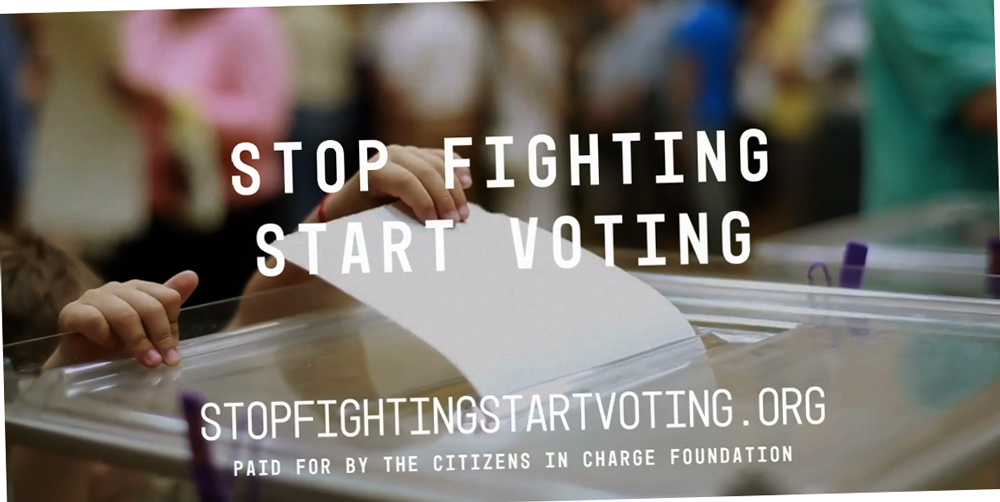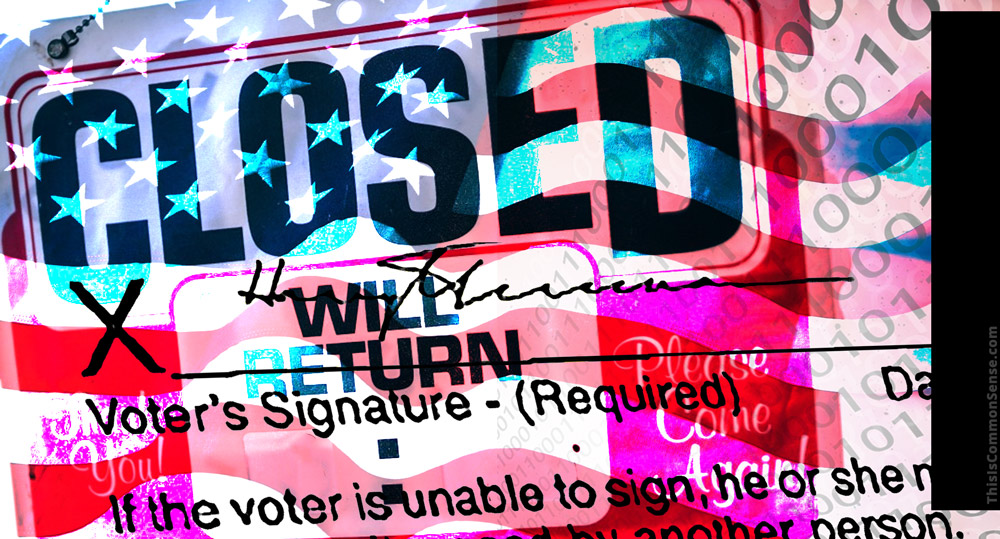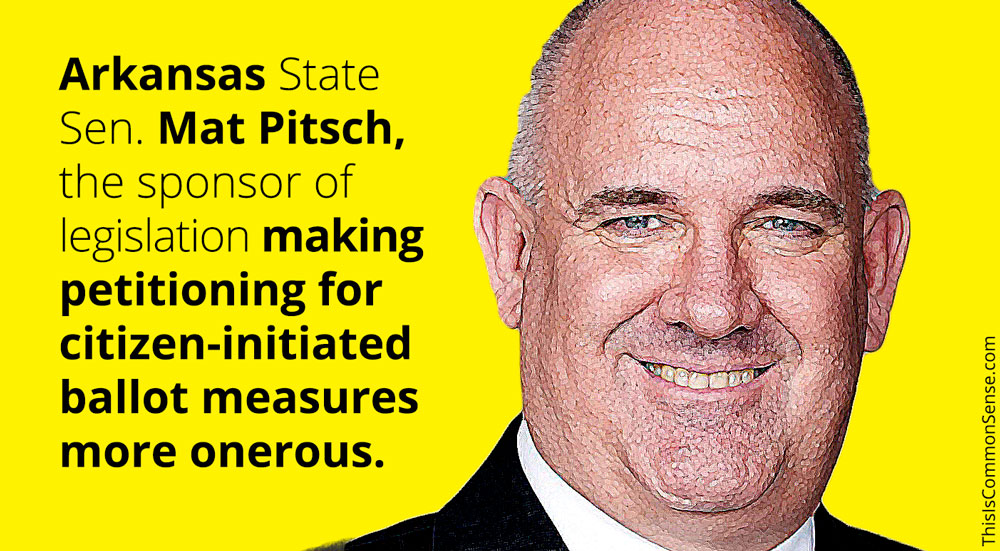Election Day is six weeks away. Yet, in my home state of Virginia, voting began last week.
Is it responsible to cast a ballot so early?
You may know with metaphysical certainty how you’re voting for president — even in the event of some major cataclysm — but have all the state rep and city council and ballot measure campaigns also played out fully enough for you?
Here in Virginia, we get few candidate races in our split-up state and federal elections, much less ballot issues to decide. I could have made all my (very few) choices months ago. But I trust that in a more competitive and healthy representative democracy we would more want to hear out the candidates.
A lot can happen in six weeks. And you cannot change your vote once it’s cast.*
The new Democratic-controlled Legislature — in reaction to the pandemic, to prevent crowding at the polls — expanded the early voting period this year. It started September 18 and ends October 31.**
There are costs to expanding early voting — including making campaigns more expensive to run and win. Disabled from marshaling advertising into a two-or-three-week period before the vote, campaigns are forced to sustain publicity for a month. Or longer.
While better-funded incumbents have little difficulty with the added cost, it cripples challengers. It especially handicaps grassroots ballot initiative proponents battling public employee unions or the Chamber of Commerce.
Make the voting process comfortable and easy for citizens. But let’s be certain not to make it comfortable and easy for incumbents and special interests.
This is Common Sense. I’m Paul Jacob.
* In Sweden, you can change your early vote, informs my friend Bruno Kaufmann, a journalist and direct democracy advocate. They call it “second voting.”
** Though several other states routinely allow more than six weeks of early voting.
—
See all recent commentary
(simplified and organized)







